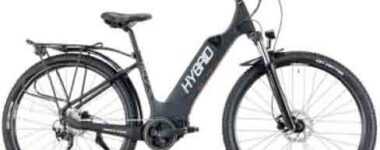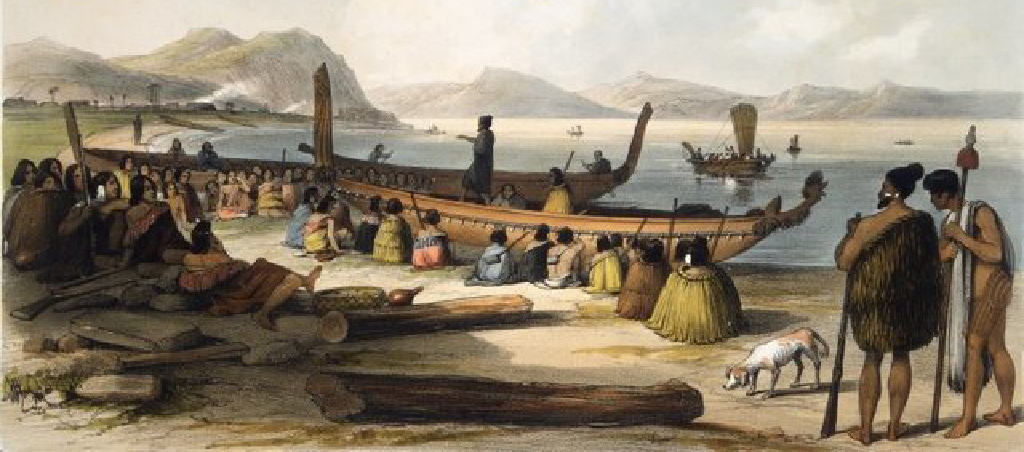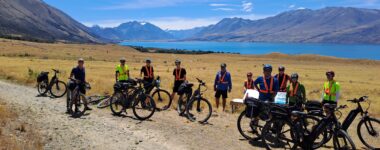Latest News
Share this post:
New Zealand Environmental Care Code
Toitu Te Whenua (Leave the land undisturbed) A growing number of people are enjoying outdoor recreation. Many of us like to visit rural, backcountry, coastal and rugged areas. With this rise in use has come an increasing impact on the natural environment. Damaged plants, unsightly rubbish, eroding short cuts, polluted water, and deteriorating facilities are now more common across the country.
This is a 10 point checklist to help protect our environment:
-
-
-
-
- Protect plants and animals. Treat New Zealand’s forests and birds with care and respect. They are unique and often rare.
- Remove rubbish. Litter is unattractive, harmful to wildlife and can increase vermin and disease. Plan your visits to reduce rubbish, and carry out what you carry in.
- In areas without toilet facilities, bury your toilet waste in a shallow hole well away from waterways, tracks, campsites, and huts.
- Keep streams and lakes clean. When cleaning and washing, take the water and wash well away from the water source. Because soaps and detergents are harmful to water-life, drain used water into the soil to allow it to be filtered. If you suspect the water may be contaminated, either boil it for at least 3 minutes, or filter it, or chemically treat it.
- Take care with fires. Portable fuel stoves are less harmful to the environment and are more efficient than fires. If you do use a fire, keep it small, use only dead wood and make sure the fire is out by dousing it with water and check the ashes before leaving.
- Camp carefully. When camping, leave no trace of your visit.
- Keep to the track. By keeping to the track, where one exists, you lessen the chance of damaging fragile plants.
- Consider others. People visit the back country and rural areas for many reasons. Be considerate of other visitors who also have a right to enjoy the natural environment.
- Respect our cultural heritage. Many places in New Zealand have a spiritual and historical significance. Treat these places with consideration and respect.
- Enjoy your visit. Enjoy your outdoor experience. Take a last look before leaving an area. Will the next visitor know that you have been there?
-
-
-
New Zealand National Parks
There are more than 5 million hectares (around 1/3rd of the country) protected in parks and reserves.
The parks embody an incredible amount of landscape & vegetation – including plants and animals that are not found anywhere else in the world.
These magnificent facilities range from the mangrove fringed tidal inlets of Northland, to the snow capped volcanoes of the central plateau, the forests of Te Urewera… to the majestic glaciers and mountains of the south. They provide unlimited opportunity for outdoor adventure.
Back Country Huts
Huts are great places to stay in the New Zealand countryside. They come in all vintages. The oldest huts were built in the late 1800’s, more were built during the 1930’s to 1950’s, but most were purpose built in the 1960’s and 1970’s for the deer culling (yes, deer are so prolific in NZ that they are considered pests!) programmes carried out by the Forest and Wildlife Services.
By the late 1970’s some places had become so popular for recreation that new and larger huts were built to cope with demand.
The Department of Conservation (DOC) manages more than 900 huts and these provide unique places to stay, refuge from bad weather, and a place to rest and recover when you are exploring New Zealand’s great outdoors.
There are four categories of huts, depending on the facilities offered. They are:
-
-
-
- Great Walk huts – these are the most comfortable, with mattresses, water supply, toilets, cooking facilities and heating.
- Serviced huts, which have bunks or sleeping platforms with mattresses, water supply, heating, toilet and hand-washing facilities. They may have cooking facilities.
- Standard huts – which have the above, without cooking facilities. Wood heaters are supplied at huts below the snow line.
- Basic huts and bivvies – which provide very basic shelter with limited facilities
-
-
You should plan ahead as some hut services and facilities operate on a seasonal basis only.
Hut tickets, the Backcountry Hut Pass and Great Walk Pass can be purchased from DOC Visitor and Information Centres, or their offices nationwide.
Hunting & Fishing in New Zealand
Hunting, fishing & various commercial activities in NZ often require permits, licences or concessions. Some areas of conservation land (such as offshore islands), which are particularly sensitive, require special permits to visit.
Permits or licences are required for trout or salmon fishing & for hunting game birds – such as ducks, geese and pheasants.
The Department of Conservation manages trout fishing in Lake Taupo & whitebait fishing nationally, as well as concessions for a wide range of commercial tourist activities.
Fish & Game NZ has responsibility for hunting of other fish (trout & salmon) and game birds.


 Collecting and Propagating Seeds
Collecting and Propagating Seeds China on a Plate: The Flavours of a Nation (with a Spotlight on Sichuan)
China on a Plate: The Flavours of a Nation (with a Spotlight on Sichuan) Kinesiology Cross Patches
Kinesiology Cross Patches Camaraderie On a Walking Tour…
Camaraderie On a Walking Tour… How E-Biking Has Transformed Biking Tours
How E-Biking Has Transformed Biking Tours








